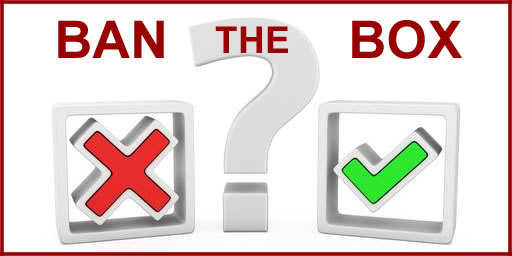
The employment trends to watch in the United States in 2016 will focus heavily on those within a few key areas. Because nearly all of these jobs are rich in access to sensitive information, ensuring that those people who are hired meet their exacting standards is crucial for the success of employers. Pre-employment background checks enable employers to hire with confidence.
Health Care Employment Trends
The health care industry is expected to continue its phenomenal growth — to the tune of seeing more than a 25 percent expansion. This figure represents the addition of about four million jobs due to the increasing demands for health care. Life expectations that are projected to continue to lengthen as well as a burgeoning elderly population are the primary drivers behind this growth. Because of the sensitive nature of the health industry — employees not only have access to private documents, but they are also providing care to some of the most vulnerable segments of the population — a comprehensive health care background check is extremely important.
Information Technology Employment Trends
Employment trends in the information technology sector will continue to expand, fueling the need for an additional 212,000 jobs over the course of the year. The top three sectors of this industry — internet publishing and broadcasting, wireless telecommunication and software publishing — are expected to make up 44.1 percent, 40.9 percent and 32 percent of the growth respectively. Access to sensitive information as well as the company secrets that could make a start-up the next big player in the field are key reasons for needing a criminal background check.
Business Service and Professional
There are a number of key industries that make up this segment of the employee base. With a growth of 23.3 percent that will result in the addition of more than 4 million jobs, key areas of employment trends include the scientific, administrative, management and technical services. Because the range of employment possibilities are extensive within this employment sector, a background check is always a wise decision to stay within compliance of the law and to ensure that a business thrives.
Employers can avoid tragedy and liability by investing in a comprehensive criminal background searches before extending an offer of employment to a new employee. Being proactive in this area helps ensure a business’ continued growth and success.
Disclaimer: The information on InstantCriminalChecks.com is governed by our Terms of Use and is never intended as legal advice.











